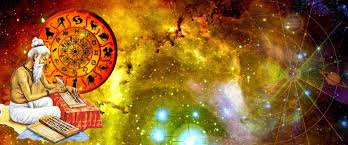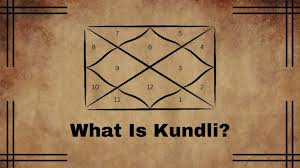Jyotish Shastra
1. Fundamentals of Jyotish Shastra:
- It is rooted in the concept that cosmic forces, emanating from celestial bodies like planets (Grahas) and constellations (Nakshatras), influence life on Earth.
- Jyotish Shastra divides the sky into 12 segments or zodiac signs (Rashis), each representing a unique set of qualities and energies.
- The positions and movements of the nine primary planets (Navagrahas)—including the Sun, Moon, Mars, Mercury, Jupiter, Venus, Saturn, Rahu, and Ketu—are analyzed to understand their effects on individual destinies.
2. Tools of Jyotish Shastra:
- Horoscope (Janma Kundali): This is a detailed chart prepared based on the exact time, place, and date of an individual’s birth. It reflects the alignment of celestial bodies at the moment of birth and serves as a map of their life journey.
- Dashas: These are planetary periods that signify the dominant influence of specific planets over a given time, affecting various aspects of life such as career, health, and relationships.
- Transits (Gochara): The movement of planets through zodiac signs and houses, studied to predict current and future events.
3. Applications of Jyotish Shastra:
- Predictive Astrology: Helps forecast significant life events and challenges based on planetary positions and interactions.
- Guidance for Decision-Making: Offers insights into choosing the right time for important undertakings, such as marriage, business ventures, and travel.
- Self-Awareness and Karma: Aids in understanding one’s karmic patterns and life purpose, encouraging spiritual growth and alignment with dharma.
- Medical Astrology: Studies planetary influences to identify health tendencies and suggest preventive measures.
- Compatibility Analysis: Evaluates the compatibility of individuals for marriage, partnerships, and collaborations using horoscope matching.
4. Philosophical and Spiritual Dimension:
Jyotish Shastra isn’t just about predicting the future; it’s deeply philosophical. It teaches that planetary positions reflect the unfolding of cosmic karma and emphasizes the importance of free will in balancing life’s challenges. While celestial influences provide guidance, individual actions and choices play a significant role in shaping outcomes.




